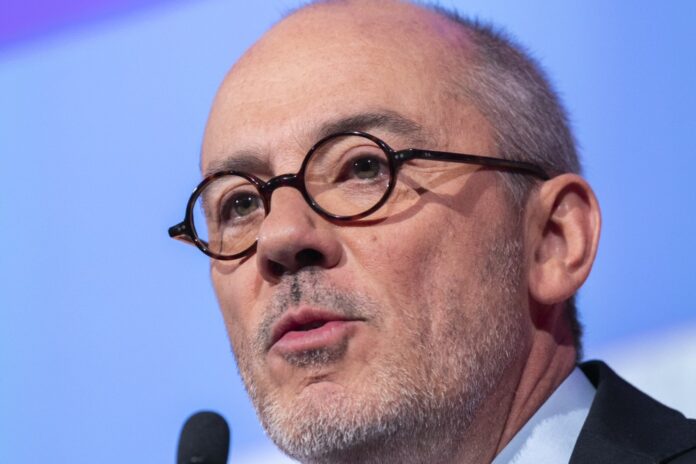The Orange Group and Masmovil are in talks to combine their Spanish operations in a 50-50 joint venture that could create a €19.6 billion enterprise.
Orange Spain and Lorca JVCO (Masmovil’s PLC owner) say they would benefit from equal governance rights in the combined entity and neither party will consolidate the combined operations. The agreement between the parties includes a right to trigger an initial public offering (IPO) under certain conditions for both parties and a path-to-control right for Orange to consolidate the combined entity in the case of an IPO. Orange would neither be forced to exit nor to exercise these options.
“To [ensure] leading telecom infrastructure in 5G and FTTH as well as outstanding service in Spain, we need strong operators with sustainable business models,” said Meinrad Spenger, CEO of Masmovil. “This combination would be beneficial for the consumers, the telecom sector and the Spanish society as a whole.”
In a release, Orange claimed the two have already teamed up in successful collaborations between two ‘highly complementary business models’. Together they will serve 7.1 million fixed customers (of which 5.6 are convergent), 22.2 million contract mobile customers and nearly 1.5 million TV customers. Orange says the joint venture will help to create a better nationwide fibre to the home (FTTH) network to 16m homes and more comprehensive mobile network for Spain.
The combined entity creates revenues of over €7.5 billion, with earnings – before interest, tax, depreciation, amortisation and special losses (EBITDAaL) of €2.2 billion. This, Orange says, would give it the momentum and efficiency to tackle the scale of the challenge to build FTTH and 5G networks and create a telecoms infrastructure it can compete with. Orange’s release claims the joint venture will generate annual ‘relevant synergies’ (an unexplained term) of €450 million from the third year post closing onwards.
The transaction is expected to be signed by the second quarter of 2022 and should close by Q2 2023, subject to approval from admin, competition and regulatory authorities.“I look forward to creating this joint-venture with Masmovil, building on our existing successful collaboration, to become a stronger player capable of making the investments required to develop the Spanish market,” said a defiant Stéphane Richard, Orange’s CEO and chairman. Richard is being forced to move aside as CEO after being accused of misusing public funds.
Consolidation none form or another is inevitable, according to industry analyst Kester Mann, Director of Consumer and Connectivity Research at analyst CCS Insight. “In recent weeks, operators in Spain have made no secret of their ambition to combine operations in one of Europe’s most competitive markets. It was simply a matter of who would reach an agreement first and when,” said Mann.
According to Mann, the deal is the first major test of regulators’ appetite for in-market consolidation since the pandemic. The industry has been pinning its hopes on a more lenient stance as the value of high-quality connectivity became ever more apparent. Operators argue that they need greater certainty to make huge investments in future fibre and 5G networks. said Mann.
If the deal receives the green light, it could open the floodgates to a host of other alliances in markets such as Italy, Portugal, and the UK. “The sector will be watching developments with an eagle eye,” said Mann.
Vodafone has also been exploring a deal in Spain and today’s news could be considered a blow to activist investor Cevian Capital, which is reportedly pushing for consolidation in several markets, said Mann. “However, it may also consider that any move to reduce the number of players – even if involving other operators – is a positive development,” Mann added.


